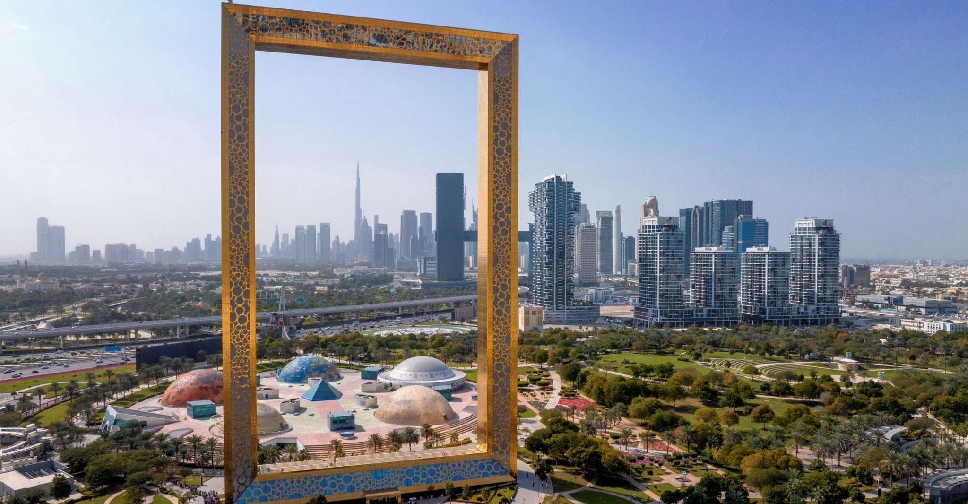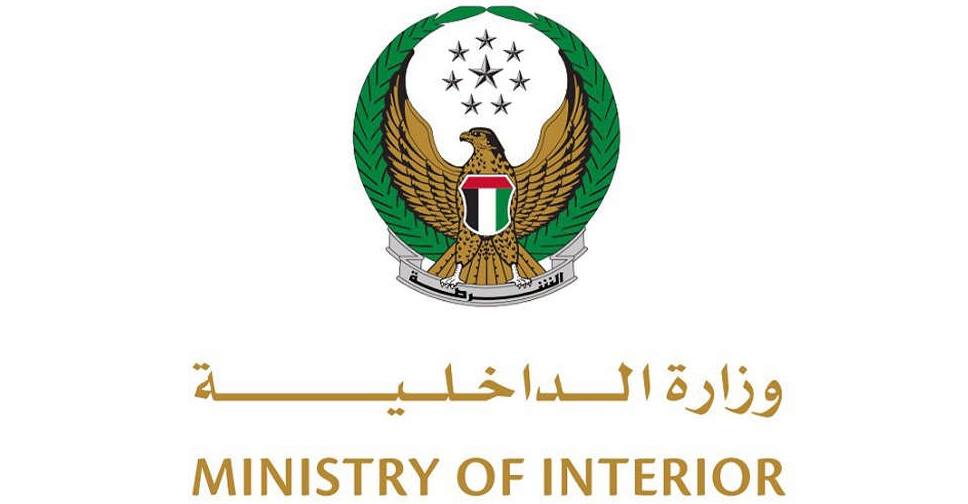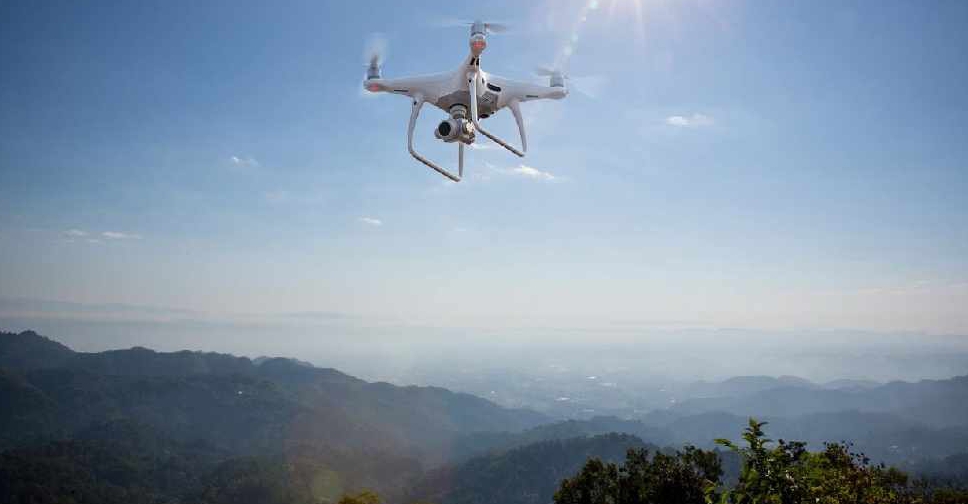
Dubai has maintained its tourism growth momentum with 5.18 million international overnight visitors in the first quarter of 2024, marking an 11 per cent year-on-year increase.
The data was released by Dubai's Department of Economy and Tourism (DET) at the 31st edition of Arabian Travel Market (ATM), which opened on Monday.
From January to March, the Western Europe region was Dubai’s biggest source market with 1.138 million arrivals, a 22 per cent overall share, followed by South Asia with 869,000 visitors (17 per cent) and CIS and Eastern Europe with 817,000 (16 per cent).
Proximity markets from the GCC (664,000) and MENA (605,000) collectively brought in 25 per cent. The North-East Asia and South-East Asia region recorded 470,000 arrivals into Dubai (a 9 per cent share), followed by the Americas 344,000 (7 per cent), Africa 202,000 (4 per cent) and Australasia 70,000 (1 per cent).
Commending on the achievement, His Highness Sheikh Hamdan bin Mohammed bin Rashid Al Maktoum, Crown Prince of Dubai and Chairman of The Executive Council of Dubai, said "The number of visitors in the first quarter of 2024 indicates that Dubai is on course for another standout performance this year after the emirate received a record number of visitors last year, with international visitors reaching 17.15 million."
"This will ensure that the tourism sector continues its growth journey in line with the vision of His Highness Sheikh Mohammed bin Rashid Al Maktoum and in line with the objectives of the Dubai Economic Agenda (D33), which aims to strengthen its position as a leading global city for business and leisure," he added.
Helal Saeed Almarri, Director General of DET, said the "figures also continue to be spurred by upswings in the number of international businesses setting up, existing companies expanding business lines and catchment footprint from Dubai, a very healthy MICE sector, and an influx of new talent relocating to the city."
. @HamdanMohammed : With the commencement of the Arabian Travel Market 2024, we are pleased to share that Dubai's tourism sector has started the year on a promising note. The city welcomed close to 5.2 million international visitors in the first quarter of 2024, marking an 11%… pic.twitter.com/PmF3N3GXGK
— Dubai Media Office (@DXBMediaOffice) May 6, 2024
Hotels and hospitality
From January to March 2024, Dubai’s hotels maintained a room occupancy rate of 83 per cent, a notable achievement given the 2 per cent year-on-year increase in overall room supply to more than 152,000.
Occupied room nights increased by 2 per cent, with 11.2 million at the end of Q1 2024, compared to 10.98 million in 2023.
Average Daily Rate (ADR) rose to AED 638 during Q1, marking an increase of 5 per cent compared to the same period in 2023, while Revenue Per Available Room (RevPAR) increased by 4 per cent, from AED 504 to AED 527.
Total available rooms in Dubai reached 152,162 by the end of March 2024, up from 148,877 rooms in March 2023, while the number of establishments stood at 832 at the end of the first quarter, compared to 814 during the same period last year.
Dubai had a substantial total of 96,484 hotel rooms across five-star and four-star establishments, representing a significant 64 per cent share of the overall hotel rooms in the city, with average room occupancy typically ranging from 81 per cent to 84 per cent.
One- to three-star hotels had a 19 per cent share of Dubai’s overall hotel market, with the category comprising 29,100 rooms and a commendable 82 per cent room occupancy rate.
The hotel apartments segment boasted a total of 26,578 keys at the end of the first quarter and maintained a strong average room occupancy ranging from 84 per cent to 85 per cent.
"We will continue to drive strong global and market-specific campaigns, collaborating with our key domestic and international stakeholders and partners and taking a diversified marketing approach to promote Dubai to audiences around the world and inspiring potential new and repeat visitors," said Issam Kazim, CEO of the Dubai Corporation for Tourism and Commerce Marketing.
 Ministry of Interior searches for missing Moldovan citizen
Ministry of Interior searches for missing Moldovan citizen
 Ministry of Defence continues preparations for 'Union Fortress 10'
Ministry of Defence continues preparations for 'Union Fortress 10'
 UAE to begin lifting drone-use restrictions
UAE to begin lifting drone-use restrictions
 Dubai Police warn residents of scam calls
Dubai Police warn residents of scam calls
